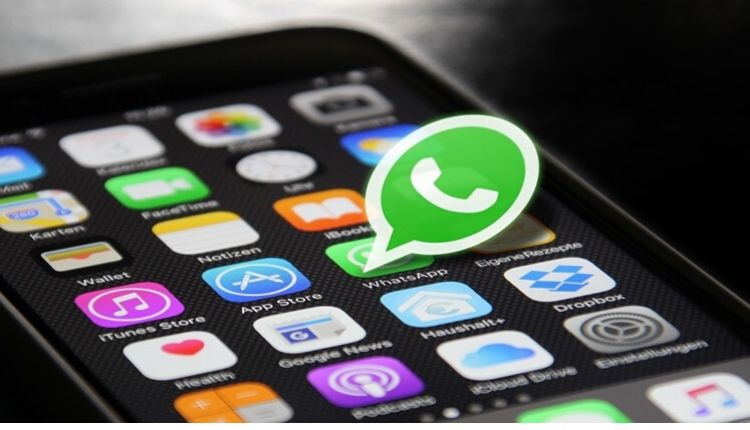By Harsha Solanki, VP, GM – Asia, infobip
Customer behavior has changed a lot over the years. With online shopping, businesses are expected to deliver a seamless end-to-end experience, wherein brands offer their products and services across platforms ranging from e-commerce websites to social media. With technological advances, brands can now connect with their users through messaging apps like WhatsApp, Telegram, Messenger, Viber, etc.
WhatsApp is the third most popular social media network and the third most-used platform globally, with 100 billion WhatsApp messages being sent daily. Therefore, businesses are leveraging the channel to build lasting customer relationships. In fact, WhatsApp is more than just an instant messaging app today with its business API that empowers brands to engage with customers on their preferred channel proactively. WhatsApp has also launched Business API at a time when conversational commerce and marketing are on the rise.
In India, the app has 487 million users, the highest worldwide. The country also contributed to the maximum WhatsApp downloads in 2022. It reflects the kind of potential that the chat app offers for businesses because it is common for people to open WhatsApp first thing in the morning after waking up, whether just to check work messages or to send ‘good morning’ texts. WhatsApp is becoming an essential tool to make conversational commerce a bigger reality. With more and more consumers preferring to chat with brands on the channels they use in their everyday lives, messaging platforms like WhatsApp are an appropriate choice for engagement and support to provide a conversational experience to users.
Let’s take a closer look at the ways WhatsApp is enabling businesses to scale and grow:
Chatbots
With chatbots available on WhatsApp, brands can provide a range of products and services and connect with their audience in real-time, providing them a seamless conversational experience. For instance, Uber offers superior customer experience with an AI-powered chatbot on WhatsApp that enables users to book rides through the chatting app. Similarly, by automating the registration process through the WhatsApp chatbot, the ride-hailing company Bolt’s conversion rate increased to 40%.
Some popular names in India leveraging WhatsApp chatbot technology include Angel Broking. The company aimed to transform stock broking digitally and engaged 47% of its clients using the chat app. Similarly, Mahindra Auto used WhatsApp-based solutions, increasing operational efficiency by 30%.
Cart
Now, customers can browse your product catalog online. You can take them from browsing, to sending personalised recommendations, adding items to shopping cart and event sending cart abandonment reminders – if the purchase is left incomplete.
Cart abandonment is a major issue experienced by e-commerce companies since the average online cart abandonment rate for these companies is 69.99%. Most often, the reasons for cart abandonment include extra shipping costs plus taxes, customers having to create an account to complete a purchase and a complicated checkout process. And WhatsApp serves as an effective platform for informing customers about cart recovery messages. It has led to the rise of conversational commerce, where e-commerce companies are building end-to-end conversational experiences on the app by allowing them to see the products in their cart on the app. One such example is Myntra which sends a reminder on WhatsApp if a customer has not completed the purchase after adding an item to their cart.
In the future, as technology is progressing, companies can offer the option to complete the purchase at the same place through third-party integrations.
Personalized service & marketing
With the opportunity to stay connected with customers 24/7 through WhatsApp chatbots, companies can also personalize their marketing messages and customer care services as part of conversational marketing. They can curate offers and marketing messages as per the customer’s preference. One can go beyond simply addressing customers by their first names. By leveraging additional customer data, such as birthdays or other special dates, sending personalized messages can catch their attention and encourage them to take action. The approach is particularly effective when engaging customers on channels they frequently use to communicate with friends and family, such as WhatsApp. By aligning your messages with the tone and content of the messages they regularly receive on these platforms, you can enhance the likelihood of customers reading and acting upon your communications.
Conclusion
Conversational Everything is the future, and WhatsApp, given its popularity and convenience, is a platform for businesses to stay connected with their user base and provide conversational experiences. It is not just helping brands increase sales but also empowering businesses and customers alike to reach out to each other anytime they want, just like friends and family. So, the relationship between the two also becomes stronger, long-lasting, and beneficial for both parties.

